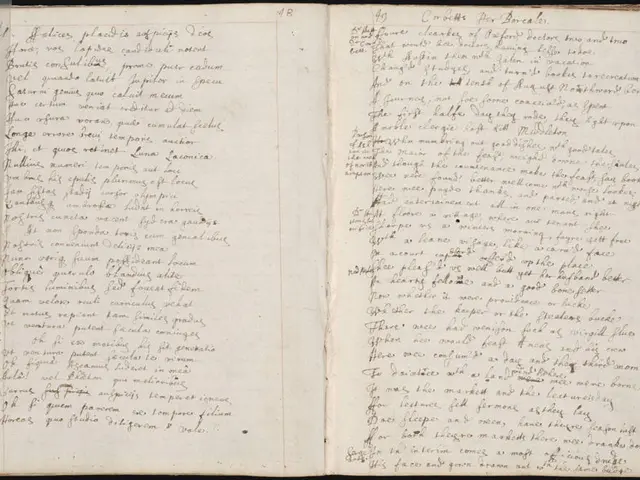Sudden Passing of Pol Pot: Unveiling the Final Moments of the Genocidal Cambodian Leader
Pol Pot, born Saloth Sar on May 19, 1925, in a small farming village in central Cambodia, would go on to become one of the most infamous dictators in human history. As the leader of the Khmer Rouge movement, his reign from 1975 to 1979 was marked by brutality, suffering, and loss on an unprecedented scale.
Born into a modest family, Pol Pot's early life was marked by a deep interest in Buddhism. He studied the fundamental principles of the faith and spent a year at a Buddhist monastery as a child. However, his political journey would take a dramatic turn in 1949 when he moved to Paris with a scholarship and was exposed to communist theory.
Upon his return to Cambodia in 1953, Pol Pot rose through the ranks of the Khmer People's Revolutionary Party (KPRP), later renamed the Communist Party of Kampuchea (CPK) and known as the Khmer Rouge. The Khmer Rouge gained support from peasants living on the fringes of Cambodian society, promising to support the poor at the expense of the wealthier city-dwellers.
In 1975, the Khmer Rouge captured the capital, Phnom Penh, marking the end of the civil war and their victory. Under Pol Pot's rule, the Khmer Rouge abolished money, markets, schools, and religion, establishing agricultural communes where people laboured under brutal conditions. Anyone considered an "enemy of the revolution" was imprisoned, tortured, or executed. This included intellectuals, merchants, government officials, soldiers, ethnic minorities, Buddhist monks, and suspected dissenters within the party.
One of Pol Pot's most devastating orders was the evacuation of all cities and towns, forcing millions into the countryside to work in the fields. Over the course of just four years between 1975 and 1979, Pol Pot's regime resulted in the deaths of between 1.67 and 2.18 million people - roughly a quarter of the population. These people were sent to the notorious prison Tuol Sleng in Phnom Penh, where countless atrocities were committed.
The Vietnamese invaded Cambodia in 1979, toppling the Khmer Rouge and installing a new government. Pol Pot died suddenly from heart failure on April 15, 1998, at the age of 73. His death was not officially investigated by an autopsy, leading to rumours that he took his own life or was hastily cremated to prevent him from revealing his followers' crimes.
In recent years, the Khmer Rouge tribunal has convicted several surviving leaders of crimes against humanity. Despite Pol Pot's death, his legacy continues to cast a dark shadow over Cambodia, a reminder of a tragic chapter in its history that should never be forgotten.
Read also:
- United States tariffs pose a threat to India, necessitating the recruitment of adept negotiators or strategists, similar to those who had influenced Trump's decisions.
- Weekly happenings in the German Federal Parliament (Bundestag)
- Southwest region's most popular posts, accompanied by an inquiry:
- Discussion between Putin and Trump in Alaska could potentially overshadow Ukraine's concerns








